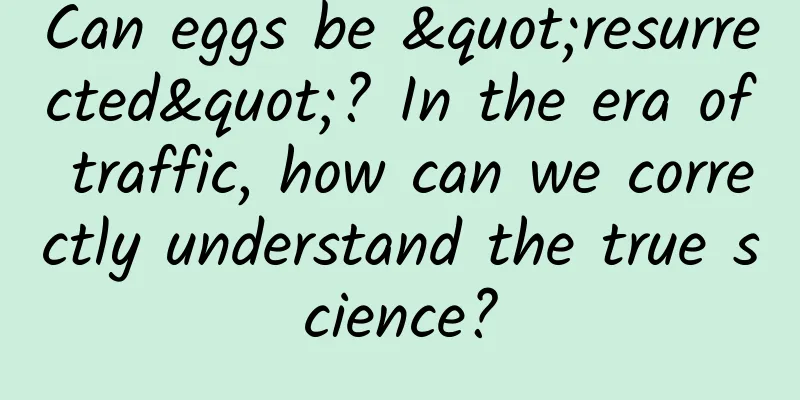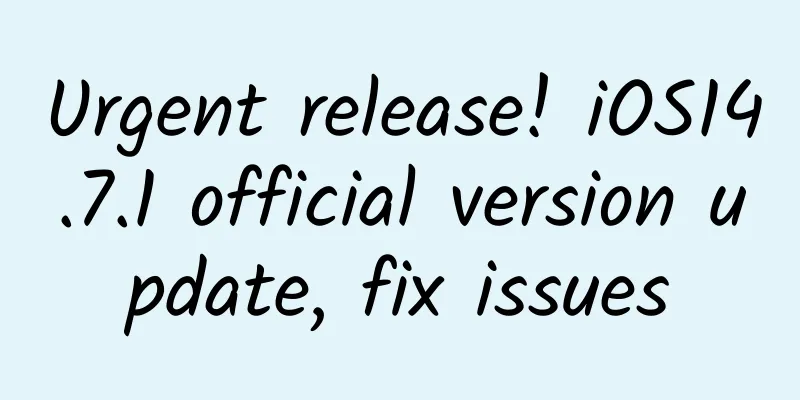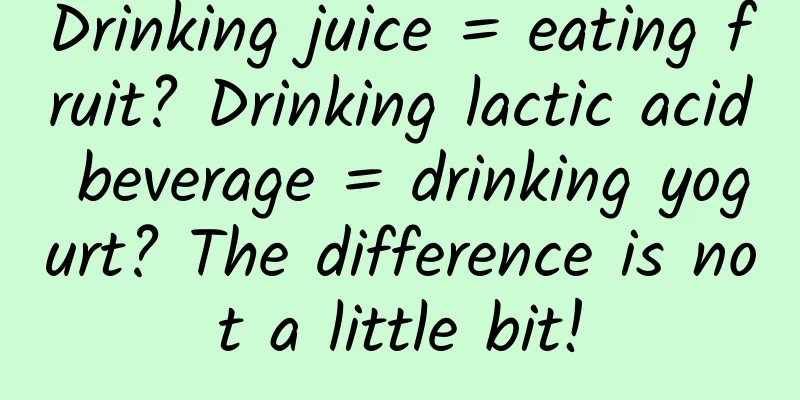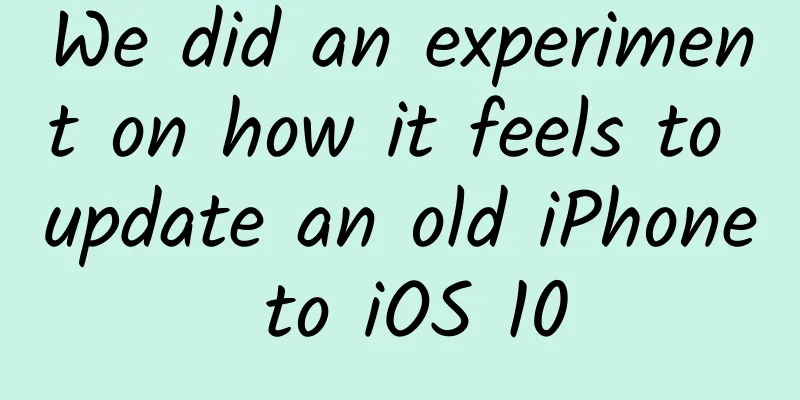Can eggs be "resurrected"? In the era of traffic, how can we correctly understand the true science?

|
The biological blogger "Huzhang" who identified water monkeys, Luo Xiang, the creator of the large-scale legal education series "The Life of Zhang San, the Outlaw"... As science popularization celebrities, they are very popular on the Internet. This is an era of information explosion, an era in which the media can make science more "approachable", and an era in which traffic can quickly enable ordinary people to become Internet celebrities. However, as explorers of future science, how should researchers treat traffic and online social platforms? How can they better share and communicate academic ideas with the public? And how can they win the battle for the public opinion between true science and pseudoscience? Last night, in a live broadcast titled "How should researchers treat traffic and online social platforms?" on the Academic Headlines video account, the guests told us: Science does not need to "show off" or be swept up in the face of traffic, because true science will eventually occupy the traffic high ground. Real science VS pseudoscience, can’t tell the difference? Some time ago, the MBTI test created a trend of "personality psychology test" on the Internet. At first, people flocked to this kind of "feeling very accurate" and "seemingly scientific" test method, but soon, real psychology researchers told everyone the truth: "MBTI test is not only completely useless, but also very unreliable." But even in the face of scientific evidence, many Internet surfers may still not be convinced, and there are countless examples of such misleading the public. The reason is that many people mistake "pseudoscience" for "real science". So, what is pseudoscience and what is real science? Conceptually speaking, science is a theory that correctly reflects the nature and laws of the world, while pseudoscience is a theory that has been proven to be wrong but is still regarded as a hypothesis in orthodox scientific discourse. Some people may raise the question: 95% of the hypotheses or assumptions in the history of science were later proven to be wrong. In this case, are scientists also proposing pseudoscience? Of course not! Pay attention to this point!! If a hypothesis or idea is still promoted as science even though it has been proven to be wrong, it is pseudoscience! On social networks, the most common packaging of pseudoscience is alarmist talk. This kind of pseudoscience with gimmicky attributes is often more likely to influence people's judgment than real science. For example, in 2012, foreign researchers conducted such a study: Education, science and nursing students from Canada and the UK were asked to view one of three versions of a news report in which the ghost of a murdered girl appeared in a photo of an old school building. The first version simply states that it was a supernatural event; The second version claimed that the author of the news report was a science journalist with a PhD and explained the girl's image from a pseudoscientific perspective; The third version also named the author as a science journalist with a PhD, but scientifically refuted the phenomenon. What is the final result? The research team found that scientific explanations did not significantly influence students' opinions. In response to this phenomenon, Li Cunpu, associate professor of the School of Chemistry and Chemical Engineering of Chongqing University, believes that science popularization is based on science and popularization is the purpose. No matter how the media changes, the essence of what researchers popularize must not be affected - that is real science. Pseudoscience that attracts traffic by "showing off" During the process of "popularization", scientific researchers will be more cautious about traffic. Teacher Li Cunpu said in the live broadcast: "We often see some irresponsible self-media using showmanship to make popular science articles look amazing, and then deliberately spreading tricks and rhetoric, which attracts a lot of traffic and attention, and finally becomes a viral fission. This phenomenon not only makes people misunderstand real science, but also makes those of us who do serious popular science a little frustrated." In April 2021, an incident of a fake paper about "cooked eggs coming back to life to hatch chicks" was enough to go down in the history of "pseudoscience". The published academic article states: "Select normal, fresh fertilized eggs, boil them in boiling water to turn them into cooked eggs, and then through the 'thought and energy transmission' of the 'special student', the eggs can be restored to raw eggs. (The restored raw eggs) can then hatch chicks normally and grow normally." This incident has also been discussed on social media platforms. On Zhihu, there are 1,713 responses to the question "A principal in Henan published a paper on how cooked eggs could be revived and hatched into chicks, claiming that he used special student thoughts and energy transmission. Why was the paper published? What problems did it expose?" Among them are a doctoral student in chemical engineering at Tsinghua University, a master of law at Southwest University of Political Science and Law, a doctor of genetics at the University of Chinese Academy of Sciences, etc. They used scientific methods and experiments to criticize the paper from different professional and different angles. However, the good news is that the magazine where the article was published has been suspended for rectification, and the "Beijing Relativity Research Association" to which the author claimed to belong has also been identified as an illegal social organization and has been banned by the Beijing Municipal Civil Affairs Bureau in accordance with the law. However, we do not know how much of this absurd content is still circulating on the Internet or even in academia. Shi Jiaxin is a doctor of social psychology and is also a frequent user on social media. During the pandemic, topics related to psychology and emotions often became hot topics on the Internet, but he has always been cautious about traffic. Until he saw that the so-called "psychological tests" such as MBTI and Enneagram, which were criticized by the psychology academic community, began to become popular among young people's friends, he couldn't help but write an article himself, pointing out the low reliability of MBTI from a scientific perspective. When the MBTI question appeared on the Zhihu hot list, Shi Jiaxin posted this article and it quickly took the top spot under this question. Many pseudosciences such as "cooked eggs coming back to life to hatch chicks" and MBTI have been rampantly spread through short videos and self-media, but have been "separated from the false and retained from the true" by a large number of experts and scholars on platforms such as Zhihu, and have been exposed in the face of real science. True science can predict traffic trends and take advantage of the situation to seize the high ground, while pseudoscience relies on deliberate "showmanship" to chase traffic. This is also the different attitudes of true science and pseudoscience in the face of traffic. Let real science take over the high ground In the face of these undesirable phenomena, Lu Jing, a researcher at the Institute of Vertebrate Paleontology and Paleoanthropology, Chinese Academy of Sciences, believes that scientific researchers must persist in doing good popular science; and no matter which subject it is, there must be enough people who stand up and tell the real science. Xu Kun, a doctor of high-energy physics, also agrees with this view, saying that people in the scientific industry should not "be self-sufficient". Whether it is the ocean science popularization video by Wang Pinxian, an 86-year-old academician of the Chinese Academy of Sciences, or the "Sky Physics Classroom" live broadcast by the astronauts of Shenzhou 13, real and good science popularization from all walks of life has attracted the attention and pursuit of netizens. This is undoubtedly a double carnival for the scientific community and ordinary people. Therefore, the emergence of social media, short videos, and various online knowledge platforms has indeed provided many conveniences for true science to break down barriers and become popular science that the public loves, and may even bring new ideas to scientific research itself. Shi Jiaxin shared his own personal experience: he once read an answer on "color psychology" on Zhihu, which inspired him. Later, he tried to do research in this direction in color psychology and successfully published a paper. "Psychological research usually focuses on the causal relationship from variable x to variable y, which is the most basic scientific idea. But there are so many talented people in different fields on Zhihu. They are very smart and can often think of other variables besides variable x. Their intuition may not have much theoretical basis, but it can bring me some different research directions," Shi Jiaxin said in the live broadcast. In the era of traffic, scientific researchers can choose to spread science on social platforms, and they can also regard social platforms as "academic back gardens", where they can not only find scientific research groups and communication circles, but also conduct in-depth and cross-border academic exchanges. Therefore, when traffic is combined with science, this virtuous cycle will surely appear more and more. True science will eventually occupy the high ground. |
>>: Scientific research on the device: Snoring does not mean you are sleeping well!
Recommend
"Intensive cultivation" to play 4G, Coolpad's transformation to dual-stick T1 is popular
"Wealthy and willful" and "Interne...
Hemorrhagic fever is clearly the fault of the mice, so why are we not allowed to eat strawberries?
...
Creation and operation of short video traffic pool
01 Changes in the communication model: from manua...
Apple has sent out invitations to its new product launch event in October 2014. It’s been a long time since we last saw it!
Apple officially sent out invitations to the medi...
JD.com operation and promotion methods
Since I started operating JD.com , I often encoun...
Information flow landing page optimization rules
What I’m going to share today is the “first sight...
New research shows that skipping dinner is good for you. Who is not suitable for this diet?
Recently, it has been widely circulated in the ci...
How much does it cost to develop a wine utensils mini app in Xi'an?
How much does it cost to develop a Xi’an wineware...
In order to get sunlight at night, they installed a large mirror on the satellite...|Environmental Trumpet
Hello everyone, this is the 17th issue of the Env...
How do fireflies glow? Are they charged in advance?
Produced by: Science Popularization China Author:...
Data Snake · Taobao's eight spiral gameplays, you can close your eyes and follow the eight spiral gameplays to do it directly and roughly.
Data Snake · Taobao's eight spiral gameplays,...
Introduction to Douyin brand advertising and advertising resources
Preface Tik Tok is now the largest APP in China, ...
User growth fission method!
“Create 50 communities in 48 hours at zero cost” ...
Feet: Don’t tell my mouth, I can taste garlic too!
As the saying goes: If you don't eat garlic, ...
How long does it usually take to review a Tik Tok video? Tik Tok video review mechanism rules summary
Now more and more friends are joining the ranks o...









